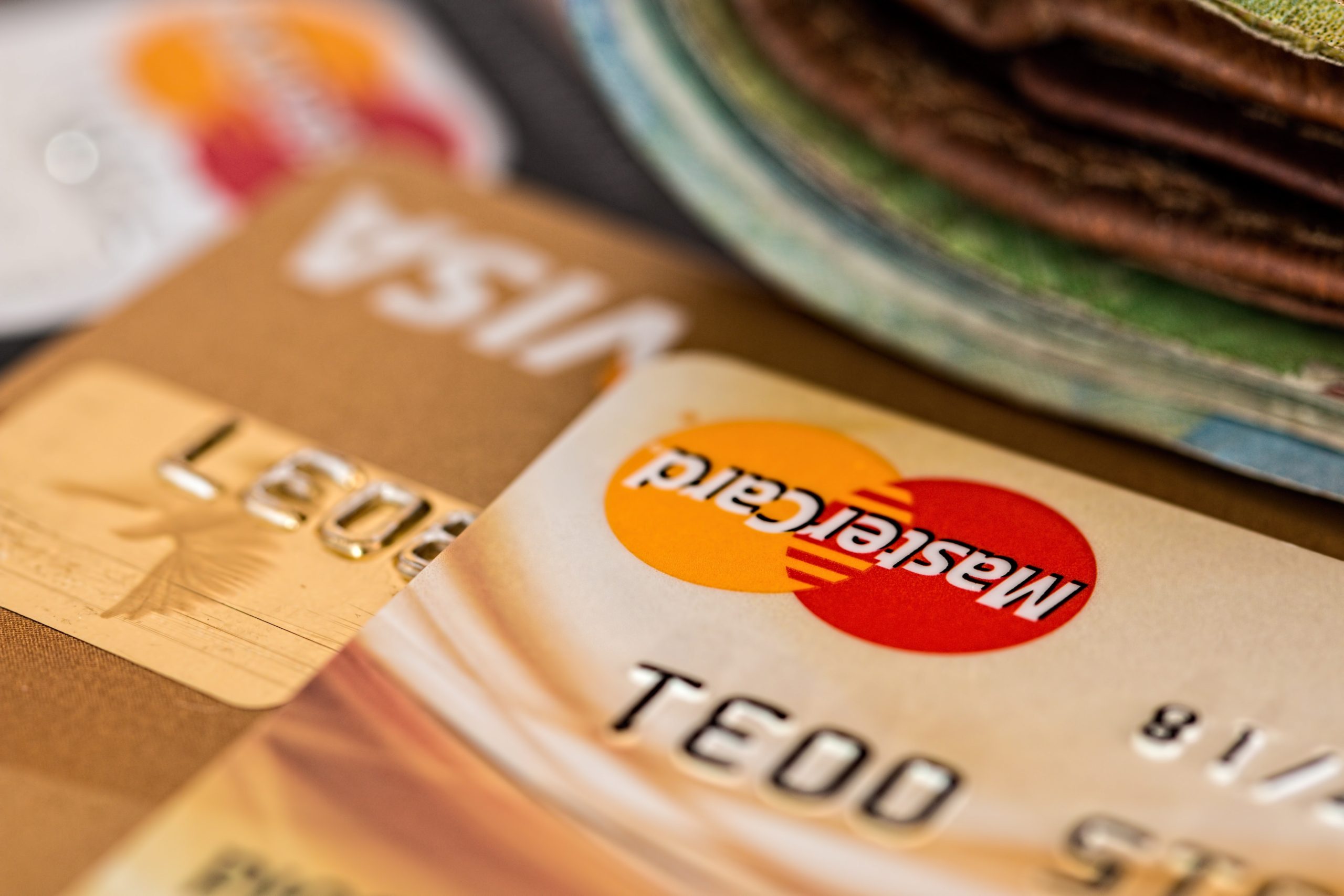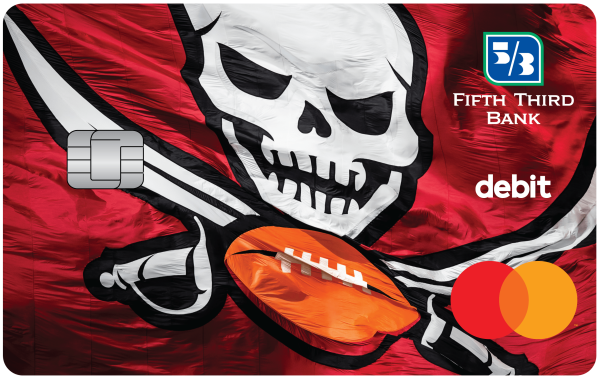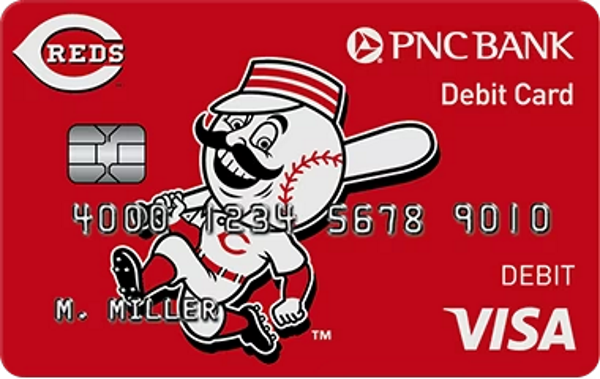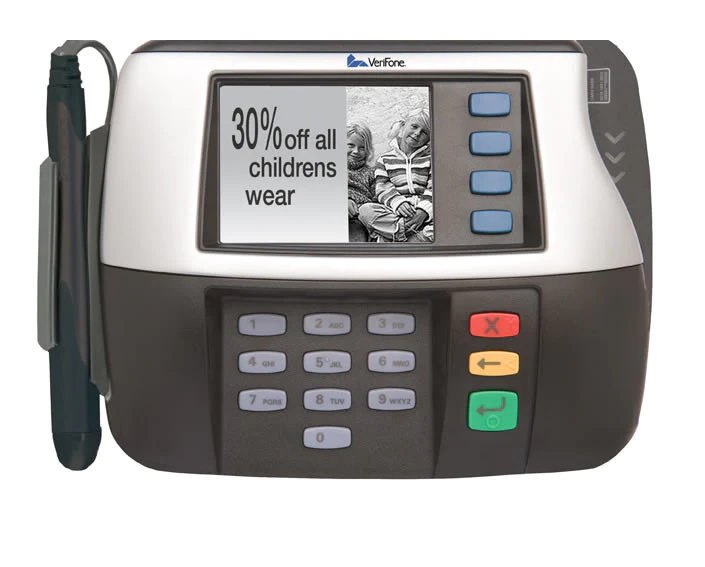
There is no one definitive answer to the question of how many credit cards you should have. However, there are a few things to consider when making this decision.
In this blog post, we will explore how having multiple credit cards can help you maintain a high credit score. We will also discuss the different types of credit cards that are available and which ones may be best for you.
Join the Accepted Platinum Credit Card Rewards Program!
Table of Contents
Maintaining a High Credit Score with Multiple Credit Cards
If you are looking to establish credit, it is recommended that you have at least two credit cards. This will help show creditors that you are capable of managing your credit and making timely payments.
Having more than two credit cards can also help improve your credit score, as long as you keep your utilization rate low. Your utilization rate is the amount of available credit that you are using compared to the total amount of available credit. Ideally, you should never use more than 30% of your total available credit.
If you are consistently going over the 30% limit, it may be helpful to have multiple credit cards and split your monthly spending between them. This will help keep your utilization rate low and improve your credit score.
For example, let’s say you have one credit card with a $1000 limit. If your balance goes above $300, your utilization rate will be above 30%. However, if you have four credit cards with a $1000 limit each, you can spend up to $1200 per month ($300 on each card) and still maintain a 30% utilization rate.
What are Some of the Benefits of Having Multiple Credit Cards?
- Can improve your credit score
- Can help you build or rebuild your credit history
- Come with a variety of different features, such as rewards and discounts
- Are great for people who want to stay within budget
Types of Credit Cards
There are a variety of different types of credit cards available, each with its own benefits and drawbacks. Here is a brief overview of the most common types:
Secured Credit Cards
These are credit cards that require a security deposit before you can start using them. The security deposit will be equal to your credit limit and is usually refundable once you close the account. Secured credit cards are a good option for people who are trying to build or rebuild their credit history.
Unsecured Credit Cards
These are the most common type of credit card and don’t require a security deposit. Unsecured credit cards are available to people with good or excellent credit.
Co-Branded Cards
These are credit cards that are affiliated with a specific store or brand. Co-branded cards typically come with exclusive discounts and rewards at the affiliated store or brand.
Balance Transfer Cards
These are credit cards that offer 0% APR for a promotional period, usually 12-18 months. Balance transfer cards can be a good option if you are trying to pay off debt.
Cashback Cards
These are credit cards that give you a percentage of your purchase back in the form of cash back or points. Cashback cards can be a great way to earn rewards on your everyday spending.
What are Some Factors to Consider When Choosing a New Card?
- The interest rate
- Annual fee
- Number of rewards points or cashback percentage
- Other benefits, such as travel insurance or purchase protection
- How the card is used (e.g., for everyday expenses or major purchases)
There are a variety of different types of credit cards available, each with its benefits and drawbacks. If you want to maintain a high credit score, it is important to choose the right type of card for you.
Now that you know a little bit more about the different types of credit cards, it’s time to decide how many you should have. As we mentioned before, having multiple credit cards can be beneficial for your credit score. But how many is too many?
What is the Most Amount of Credit Cards You Should Have?
The general rule of thumb is to only have as many credit cards as you can manage responsibly. This means paying your bills on time and keeping your balances low. If you can do this, then having multiple credit cards can help improve your credit score.
So how many credit cards should you have? The answer may vary depending on your individual situation. But ultimately, the decision is up to you. Just be sure to think carefully about how many you can manage responsibly before applying for any additional cards.
It’s important to take note of the fees and interest rates, especially if you plan on having multiple credit cards. The more credit cards you have, the more you will potentially have to pay in annual fees. This can offset most of the benefits of having multiple credit cards if you’re not careful.
Interest rates are another important factor to consider. If you carry a balance on your credit cards, the interest rate will determine how much you will pay in finance charges. So if you plan on having multiple credit cards, be sure to choose ones with low-interest rates.
Interest Rates and Fees
The most important factor to consider is the interest rate. Credit cards with lower interest rates will help you save money in the long run.
Another factor to consider is the annual fee. Some credit cards have no annual fee, while others can have fees as high as $500. Choose a card that has an annual fee that you are comfortable paying.
Prepaid Credit Cards
Prepaid credit cards are a good option for people who want to build or rebuild their credit history. Prepaid credit cards work like regular credit cards, but you must first load them with money. This makes prepaid credit cards a great option for people who want to stay within budget.
Prepaid credit cards also come with a variety of different features, such as rewards and discounts. And since they are not tied to your actual credit score, prepaid credit cards can be a great way to start practicing before you use a non-prepaid credit card.
How Many Prepaid Credit Cards Should You Have?
Again, the answer will vary depending on your individual situation. But, generally speaking, you should have as many prepaid cards as you feel comfortable using. This will help you get the most out of your prepaid card and create wealth-building habits.
Just be sure to read the terms and conditions carefully before applying for a prepaid card. Each card has its own unique set of rules and fees. And, as with any type of credit card, be sure to use your prepaid card responsibly.
Types of Cashback Cards
Cashback cards are a great way to earn rewards on your everyday spending. Cashback cards typically offer a higher rewards rate than other types of credit cards, which means you can earn more cashback on your purchases.
There are two main types of cashback cards: flat-rate and tiered. Flat-rate cashback cards offer a fixed rate of cashback on all purchases. This means you will earn the same amount of cashback no matter what you buy.
Tiered cash back cards offer a higher rewards rate for certain types of purchases. For example, some tiered cards may offer a higher rewards rate for grocery spending or gas purchases.
How Many Cashback Cards Should You Have?
Again, the answer will vary depending on your individual situation. But, generally speaking, you should try to find a cashback card that offers a high rewards rate for the types of purchases you make most often. This will help you earn more cashback on your everyday spending.
What’s the Optimal Amount of Credit Cards to Have?
The number of credit cards to have should be based on your individual needs and financial goals. If you are looking to establish credit or improve your credit score, having multiple credit cards can be beneficial.
Consider the annual fee, number of rewards points or cashback percentage, and other benefits before choosing a new card. And remember, the most important thing is to only have as many credit cards as you can manage responsibly. This way, you can maintain a high credit score and avoid paying any unnecessary fees or interest charges.
Using credit cards has its benefits, just make sure to keep your utilization rate low and choose a card with a low-interest rate and annual fee. With the right strategy, you can use credit cards to maintain a high credit score.
Why Should You Only Have One Credit Card?
Having multiple credit cards isn’t for everyone. Some people find it helpful to have just one credit card for all of their expenses. This can help you stay within budget and avoid the temptation to overspend.
If you decide to have only one credit card, be sure to choose a card with a low-interest rate and annual fee. You should also make sure that the card offers rewards or cashback on your purchases.
Another reason why having only one credit card might be a good idea is because it’s easier to manage. This can help prevent you from owing excessive debt if you forget to pay back the credit.
You might find yourself lowering your credit score quickly if you forget to pay the minimum balance on multiple credit cards. Having one credit card removes these risks and sets you up for a simple path to achieving a high credit score. Keep this in mind when deciding on how many credit cards to use.
Strategy For Building Good Credit with Credit Cards
If you’re looking to build good credit, using a credit card is a great way to start. Just be sure to use your credit card responsibly. This means making your payments on time and keeping your balance low.
You can also consider getting a secured credit card. Secured credit cards require a deposit, but they can help you build or improve your credit score. Just make sure to choose a secured credit card with low fees and a reasonable interest rate.
Building good credit takes time and patience. But if you use the right strategy, you can eventually get the credit score you need to qualify for loans and other types of credit in the future.
If you don’t manage your credit cards effectively, it can harm your credit score and cause you to accumulate negative debt. To prevent this from happening, you can prepay your credit cards as we mentioned above, but you can also set reminders a few days before your credit card payment is due.
Credit Monitoring Services
You can also use a credit monitoring service. A credit monitoring service will help you keep track of your credit score and report any changes to the major credit bureaus. This way, you can catch any errors or fraudulent activity early on and take action to fix it.
There are many different credit monitoring services available, so be sure to do your research before choosing one. It’s important to make sure that the monitoring service you are using does not perform a hard credit check.
Types of Credit Checks and How They Affect Your Credit Score
There are two types of credit checks: hard and soft. As you begin using credit cards to maintain a high credit score, you may be tempted to check how you are doing. Understanding these two different ways to check your credit score is essential when using credit cards.
Soft Credit Checks: A soft credit check is a type of credit inquiry that does not affect your credit score. Soft inquiries are typically made when you check your credit report, or when a business checks your credit to issue you a loan or line of credit.
Hard Credit Checks: A hard credit inquiry, also known as a hard pull, is a type of credit check that can impact your credit score. Hard inquiries are typically made when you apply for a loan or line of credit.
Paying Off Your Credit Card in Full Each Month
When it comes to using credit cards to maintain a high credit score, paying off your balance in full each month is the most important thing you can do. This will show lenders that you are responsible with your money and can handle debt responsibly.
If you cannot pay off your entire balance each month, try to at least make more than the minimum payment. This will help reduce the amount of interest you owe and keep your credit utilization rate low.
Benefits of Raising Your Monthly Credit Card Limit
Another way to maintain a high credit score is by raising your monthly credit card limit. This can be done by asking the issuer for a raised limit.
Raising your monthly credit card limit will help keep your utilization rate low, which is essential for maintaining a good credit score. It will also show lenders that you are capable of handling more debt, which could come in handy if you decide to take out a loan or line of credit in the future.
It’s important to remember that just because your credit card limit is increased, it does not mean your spending habits should as well. This can be an effective strategy if you prefer to only have one credit card but need more room to stay under the 30% credit utilization.
Summary: How Many Credit Cards Should You Have?
There is no magic number when it comes to how many credit cards you should have. It all depends on your individual financial goals and needs. Just be sure to keep your utilization rate low and choose a card with a low-interest rate and annual fee. With the right strategy, you can use credit cards to maintain a high credit score.
Having multiple credit cards can be beneficial for your overall financial health. But it is important to choose the right type of card and use them responsibly. If you can do this, then you will be able to maintain a high credit score.
With the right strategy, you can use multiple credit cards to your advantage and keep your credit score in good shape. If you want to keep things simple and do not utilize more than 30% of your total amount, using just one credit card with a great cashback reward might be a better option.
Just like anything else in life, there are pros and cons to having multiple credit cards. On one hand, they can help improve your credit score and be a great way to save money on purchases. But on the other hand, they can also lead to increased debt if not used responsibly.
Weigh the risks and rewards with your spending habits and select the best amount of credit cards to have for your lifestyle.



